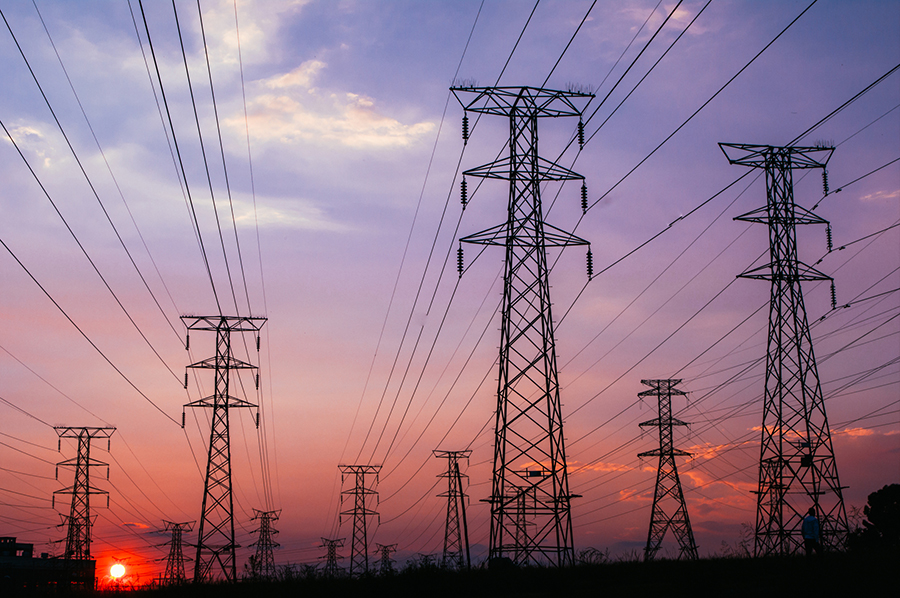

Nigeria’s electricity supply plummeted on Sunday, 24th April 2022, following a significant downturn in power generated by the Nigerian generating companies.
According to information from the Transmission Company of Nigeria (TCN), a total of 86,450.66MWh of energy was supplied on Sunday.
Energy supplied on the day under review represents a 9.4% decline compared to the 95,398.71MWh, which was supplied in the previous day and also represents the lowest electricity supply in six days.
Nigeria’s electricity supply has been dwindling in recent weeks, following multiple disruptions of the national grid, causing nationwide blackouts. Energy generation on Sunday, dipped by 9.3% to 87,600.87MWh against 96,616.27MWh generated in the previous day.
Meanwhile, energy generation peaked at 4,092.7MW on Sunday, which is 4.7% lower than the 4,296.7MW recorded during the previous day, while off-generation also declined by 31.7% to 2,561.3MW.
Nigeria’s energy generation continues to fall below the required 105,000MWh electricity generation in other to record a relatively stable power supply.
Highlight (24th April 2022)
Peak generation – 4,092.7MW (-4.7%)
Off-peak generation – 2,561.3MW (-31.7%)
Energy generated – 87,600.87MWh (-9.3%)
Energy sent out – 86,450.66MWh (-9.4%)
Also, the highest frequency for the day was 51.54Hz, while the lowest frequency was 49.04Hz. Meanwhile, 98.69% of the total energy generated on Sunday was sent out, which is lower than 98.74% sent out in the previous day.
Meanwhile, Federal Competition and Consumer Protection Commission (FCCPC), has insisted that consumers should be billed according to the hours of electricity supplied with respect to the approved band classification and have the right to contest the tariff band classification they have been assigned.
Why this matters
Electricity is an essential need of many Nigerians and their businesses, especially given the surge in the price of diesel and recent fuel scarcity across the country. The cost of power in the country has gone up and is further exacerbated with constant disruption in electricity supply.
|